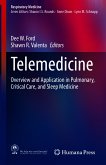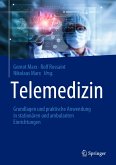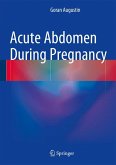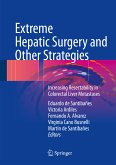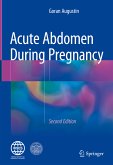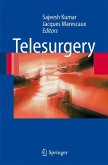Telemedicine and telehealth have consistently been shown to be effective for remote areas or limited-resource locations, regular medical and surgical practice, primary care, second opinion, extreme conditions, major crises, and disaster management. The aim of this book is to bring all aspects of telemedicine and e-health to the reader, in a simple, make-sense approach, in one tome. The book is structured in four parts with 29 chapters written by the best experts in the field from around the world, including clinicians, scientists, and administrators of telemedicine programs. Part I deals with basic principles of telemedicine and telepresence. Historical journeys of telemedicine and strategies, building sustainable telemedicine and telehealth programs in the United States and in the Balkans, as well as incorporation of telemedicine in the current ongoing pandemic COVID-19 are well described and are must read. Current technological developments, rules and regulations, legal andbusiness aspects and consent are also addressed. Part II describes strategies for building sustainable telemedicine and telehealth programs. Telehealth patient portals and public-private partnership modes of technology, as well the role of international telemedicine and how to make it work, are valuable chapters of great significance. Part III describes outcomes-based evidence clinical applications of telemedicine in trauma, burns, intensive care, pediatric care, psychiatry, and stroke. Finally, one important chapter for the readers is the telemedicine for prison and jail population. The final part, Part IV depicts surgical telementoring and teleproctoring, a chapter written by 18 various surgical experts, a true gem for the readers. The book ends with promises and hurdles of telemedicine in austere conditions.
Telemedicine, Telehealth and Telepresence serves as a valuable resource that focuses on providing patients care from a distance using store and forward technology to live actual performance of operations at a distance.
Chapters 1, 6, 12 and 17 are available open access under a Creative Commons Attribution 4.0 International License via link.springer.com.
Dieser Download kann aus rechtlichen Gründen nur mit Rechnungsadresse in A, B, BG, CY, CZ, D, DK, EW, E, FIN, F, GR, HR, H, IRL, I, LT, L, LR, M, NL, PL, P, R, S, SLO, SK ausgeliefert werden.
Es gelten unsere Allgemeinen Geschäftsbedingungen: www.buecher.de/agb
Impressum
www.buecher.de ist ein Internetauftritt der buecher.de internetstores GmbH
Geschäftsführung: Monica Sawhney | Roland Kölbl | Günter Hilger
Sitz der Gesellschaft: Batheyer Straße 115 - 117, 58099 Hagen
Postanschrift: Bürgermeister-Wegele-Str. 12, 86167 Augsburg
Amtsgericht Hagen HRB 13257
Steuernummer: 321/5800/1497
USt-IdNr: DE450055826
Bitte wählen Sie Ihr Anliegen aus.
Rechnungen
Retourenschein anfordern
Bestellstatus
Storno




